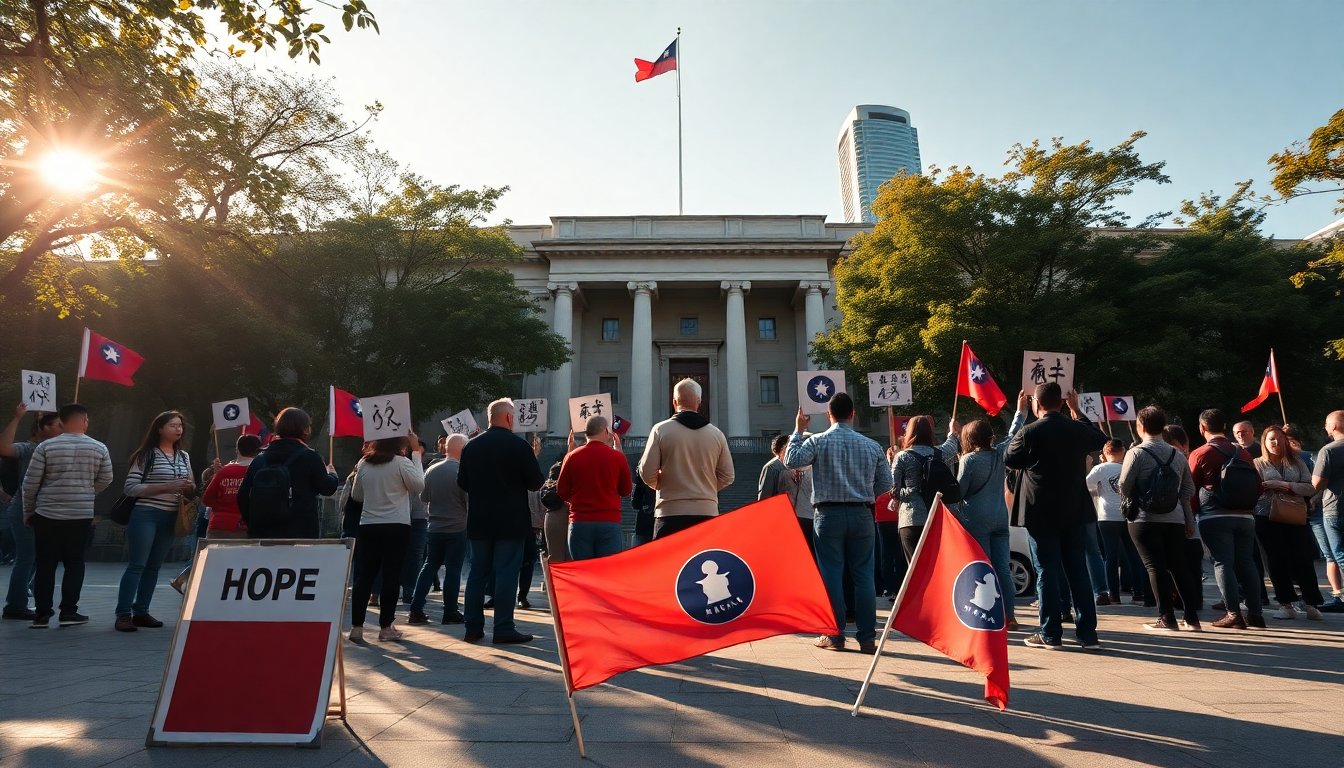Table of Contents
The recent release of former Taiwan People’s Party (TPP) chairman Ko Wen-je has sparked discussions about potential shifts in Taiwan’s political landscape. After nearly a year of detention over allegations of corruption related to a controversial land development project, Ko’s freedom could signify a new chapter for both him and the ruling authorities, who are currently facing increasing challenges.
Background of Ko Wen-je’s Detention
Ko Wen-je’s case has garnered considerable public attention. His detention was marked by allegations linking him to corrupt practices within a contentious land development initiative that stirred debate among citizens and political figures alike. The scrutiny surrounding his family’s financial dealings and raids on his personal properties heightened public curiosity about the motives behind these allegations. As a prominent political figure, Ko’s situation has raised concerns regarding the political motivations behind his detention, especially given the timing amid a turbulent political climate.
Upon his release, wearing a T-shirt emblazoned with his nickname ‘KP’, Ko expressed gratitude to his supporters, affectionately referred to as “little grass.” His remarks reflected not only relief but also resentment towards the prosecutorial actions against him. He noted that despite extensive investigations—including thorough searches of his home and office—no substantial evidence had emerged. This narrative resonates with many who view his detention as politically charged rather than purely judicial.
Implications for the Ruling Party
Ko’s release holds considerable implications for the ruling party, which is currently grappling with various challenges. The ruling authorities now face the prospect of a revitalized political opponent capable of capitalizing on public sentiment and dissatisfaction with the current administration. Ko’s narrative, shaped by his experiences during detention, may serve as a rallying point for those disillusioned with the ruling party’s governance.
The political landscape in Taiwan is highly dynamic, and Ko’s return could reinvigorate the TPP, potentially positioning it as a formidable force in upcoming elections. Observers are keen to see how Ko leverages his experiences and the support of his followers to challenge the status quo. Additionally, the ruling party’s response to Ko’s release and its subsequent strategies will be critical in determining the trajectory of Taiwan’s political future.
Future Political Dynamics and Predictions
Looking ahead, the political dynamics in Taiwan are poised for transformation. Ko Wen-je’s reentry into the political arena may not only influence the TPP’s strategies but could also affect alliances and rivalries among various political factions. The upcoming election cycles could witness a recalibration of voter alignments as citizens reassess their loyalties in light of recent developments.
Furthermore, the ruling party must navigate these changes while maintaining public trust. This involves addressing the issues that contributed to Ko’s initial popularity, such as transparency, accountability, and effective governance. The implications of Ko’s release extend beyond his personal political ambitions; they reflect broader concerns regarding governance and the relationship between the electorate and their leaders.
In conclusion, Ko Wen-je’s release from detention has the potential to significantly reshape Taiwan’s political landscape. As the situation evolves, all eyes will be on how Ko and the ruling party respond to the challenges ahead, making the next chapter in Taiwan’s political story one to watch closely.


